812 results in European literature
The Cambridge Handbook of Literature and Plants
- Coming soon
-
- Expected online publication date:
- November 2024
- Print publication:
- 30 November 2024
-
- Book
- Export citation
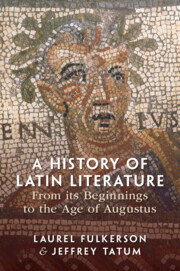
A History of Latin Literature From its Beginnings to the Age of Augustus
- Coming soon
-
- Expected online publication date:
- September 2024
- Print publication:
- 01 November 2025
-
- Book
- Export citation
Embodied Experience in British and French Literature, 1778–1814
- Women and Belonging
- Coming soon
-
- Expected online publication date:
- September 2024
- Print publication:
- 30 September 2024
-
- Book
- Export citation
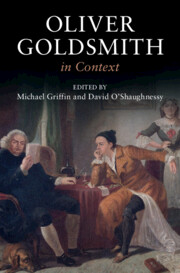
Oliver Goldsmith in Context
- Coming soon
-
- Expected online publication date:
- August 2024
- Print publication:
- 31 August 2024
-
- Book
- Export citation
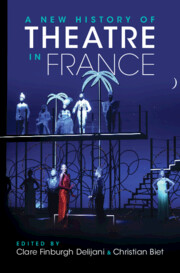
A New History of Theatre in France
- Coming soon
-
- Expected online publication date:
- July 2024
- Print publication:
- 31 July 2024
-
- Book
- Export citation
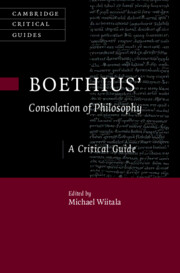
Boethius’ ‘Consolation of Philosophy’
- A Critical Guide
-
- Published online:
- 23 May 2024
- Print publication:
- 30 May 2024
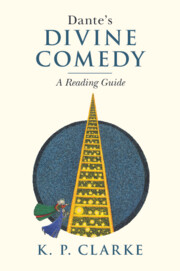
Dante's Divine Comedy
- A Reading Guide
-
- Published online:
- 23 May 2024
- Print publication:
- 30 May 2024
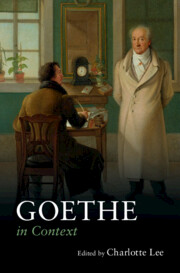
Goethe in Context
-
- Published online:
- 16 May 2024
- Print publication:
- 23 May 2024
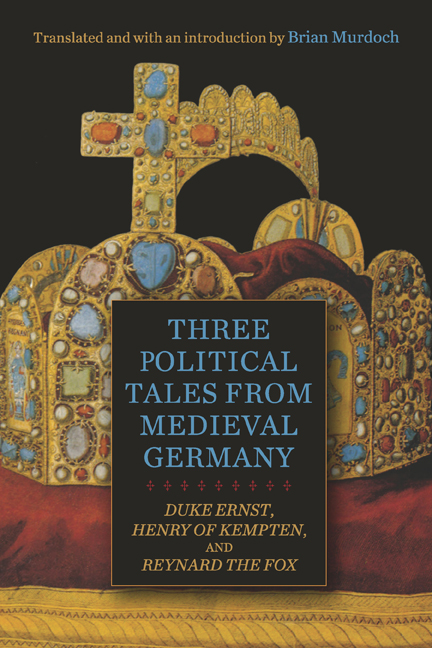
Three Political Tales from Medieval Germany
- Duke Ernst, Henry of Kempten, and Reynard the Fox
-
- Published by:
- Boydell & Brewer
- Published online:
- 09 May 2024
- Print publication:
- 14 May 2024

Italian Literature
- Il Tristano Riccardiano, MS 1729 (Parodi's siglum 'F')
-
- Published by:
- Boydell & Brewer
- Published online:
- 10 May 2024
- Print publication:
- 16 April 2024
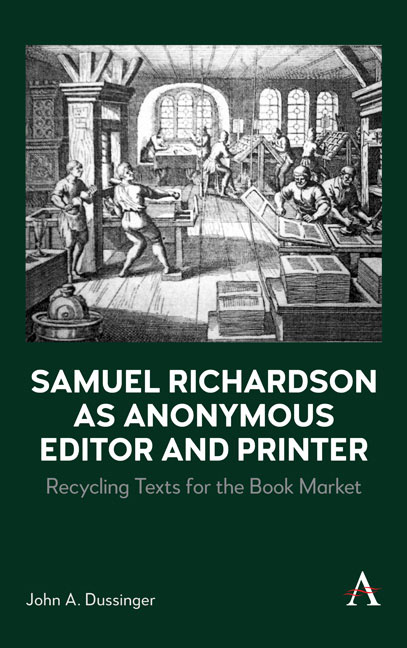
Samuel Richardson as Anonymous Editor and Printer
- Recycling Texts for the Book Market
-
- Published by:
- Anthem Press
- Published online:
- 13 April 2024
- Print publication:
- 05 March 2024
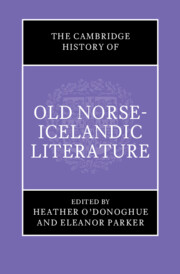
The Cambridge History of Old Norse-Icelandic Literature
-
- Published online:
- 08 February 2024
- Print publication:
- 29 February 2024
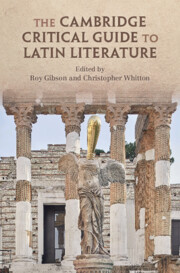
The Cambridge Critical Guide to Latin Literature
-
- Published online:
- 04 January 2024
- Print publication:
- 18 January 2024
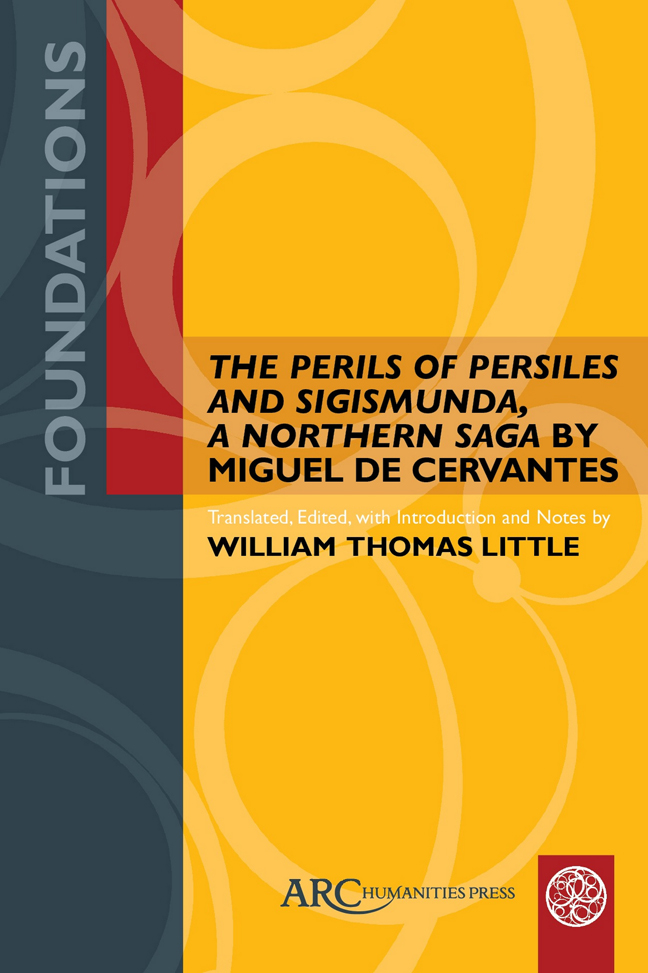
The Perils of Persiles and Sigismunda, a Northern Saga by Miguel de Cervantes
-
- Published by:
- Amsterdam University Press
- Published online:
- 20 February 2024
- Print publication:
- 30 November 2023
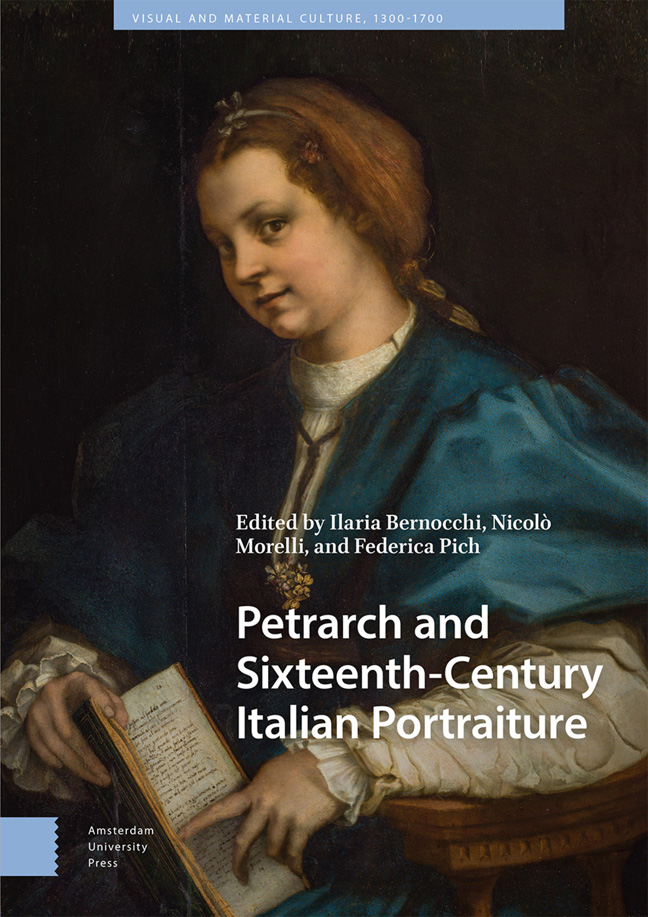
Petrarch and Sixteenth-Century Italian Portraiture
-
- Published by:
- Amsterdam University Press
- Published online:
- 22 February 2024
- Print publication:
- 13 November 2023
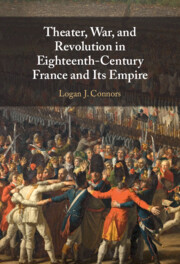
Theater, War, and Revolution in Eighteenth-Century France and Its Empire
-
- Published online:
- 09 November 2023
- Print publication:
- 23 November 2023
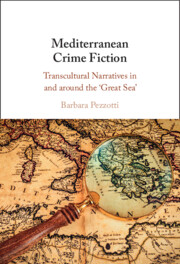
Mediterranean Crime Fiction
- Transcultural Narratives in and around the ‘Great Sea'
-
- Published online:
- 09 November 2023
- Print publication:
- 23 November 2023
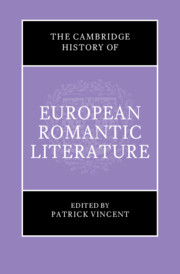
The Cambridge History of European Romantic Literature
-
- Published online:
- 10 January 2024
- Print publication:
- 09 November 2023
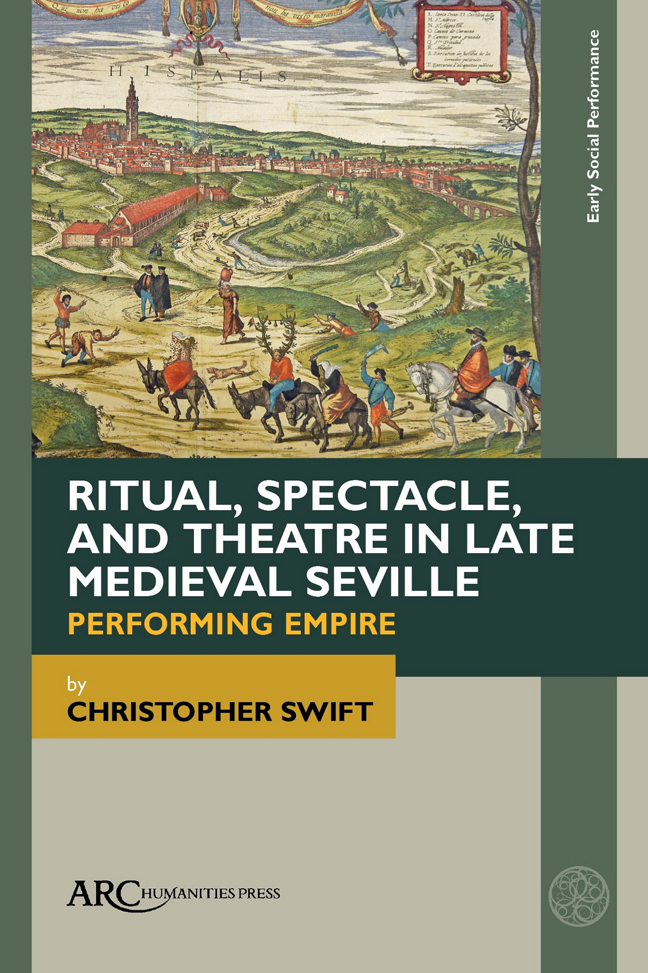
Ritual, Spectacle, and Theatre in Late Medieval Seville
- Performing Empire
-
- Published by:
- Amsterdam University Press
- Published online:
- 22 February 2024
- Print publication:
- 31 October 2023

Women, Entertainment, and Precursors of the French Salon, 1532-1615
-
- Published by:
- Amsterdam University Press
- Published online:
- 14 February 2024
- Print publication:
- 11 September 2023



